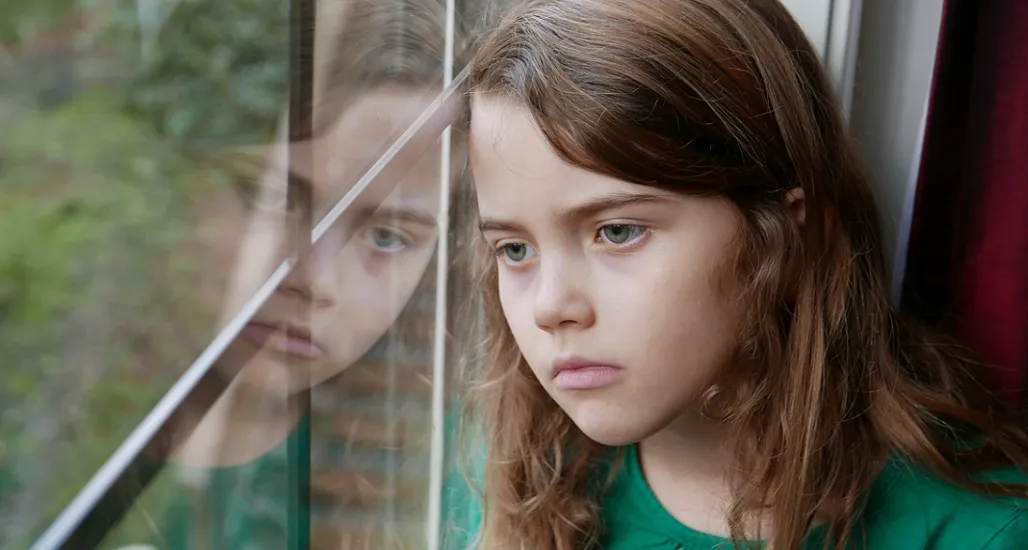Depression is one of the most commonly diagnosed mood disorders. Long-term depression, loss of the ability to be happy, and a range of other typical symptoms (both psychological and somatic) are now much more commonly diagnosed in children and adolescents than in the past. Diagnosing depression in children is a great challenge for doctors. What should you do if you suspect that your child may be at risk for childhood depression?
However, depression in children is a condition whose symptoms should not be ignored. This mood disorder most significantly affects a person’s emotional sphere, influences their social skills, and causes somatic illnesses.

Depression in children – causes
Just like with other affective disorders, it’s difficult to identify a closed group of causes that lead to depression in children. It’s believed to be caused by a combination of biological, psychogenic, and environmental factors. The first of these are primarily neurotransmitter disorders in the brain and endocrine disorders.
On the other hand, complex family situations, problems at school, sexual abuse, or rejection by peers are among the environmental causes of depression.
Childhood depression – symptoms
Although the symptoms of depression can be similar in all age groups, it’s important to keep in mind that children and adolescents usually have a different severity of individual symptoms than adults.
Symptoms of depression in children:
-sadness, tearfulness, depression; additionally, children and adolescents may experience irritability and easily fall into anger or despair, apathy, loss of ability to enjoy things, boredom, dejection, limited contact with peers, excessive sensitivity to criticism, depressive, pessimistic thinking – “everything is pointless”, “I won’t succeed”, etc., internal tension and fear for which the cause cannot be determined.
-In addition to the above-mentioned symptoms, patients may also suffer from other problems that may not be related to depression. These include, for example:
-problems with concentration and memory,
-psychomotor agitation resulting from tension, e.g. somatic difficulties: abdominal pain, nausea, diarrhea, vomiting, headache, -shortness of breath (typical in children),
-rebellious or aggressive behavior (typical in teenagers).
Childhood depression – how to help?
First and foremost, you should listen carefully to your child, observe them, and talk to them. In families where parents and children have developed an effective way of open communication without judgment or criticism, the risk of childhood depression is lower.
Treatment of depression in children
If your child has severe symptoms that persist for several weeks, seek a professional doctor. A psychiatrist specializing in mental disorders in children and adolescents will be able to assess the severity of the situation and suggest appropriate treatment for childhood depression.
What to do when a child is diagnosed with depression? First of all, support them in their treatment. In younger children, psychotherapy is rarely effective without parental involvement. In some cases, family therapy may also be appropriate.
